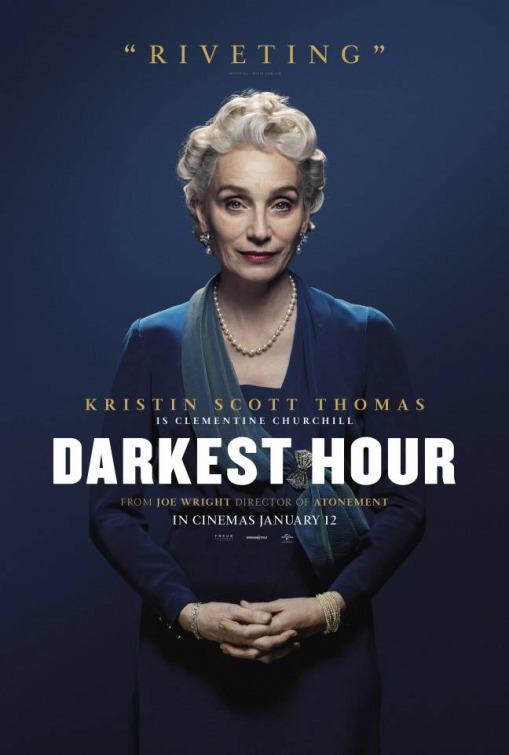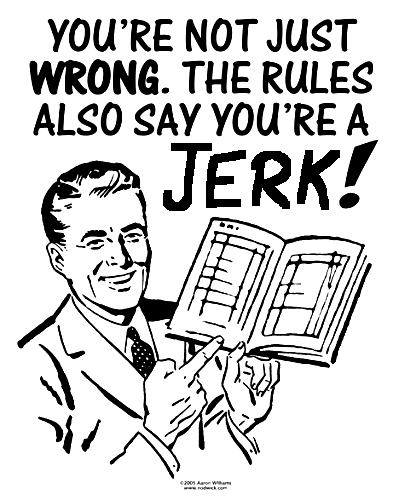The Darkest Hour: A Must-See Film
/A lot of my time at the moment is being spent on the Battle for France: the period between 10th May and mid-June 1940.
Being a wargamer, I've obviously been concentrating on the military side of things but, as ever, you really also need to know what was happening with the governments of the day in order to fully comprehend what was going on. As Clausewitz said: warfare is an extension of politics...and you only have to look at Calais, or the tragedy of the 51st (Highland) Division, to understand how true that statement was in May 1940.
Given all of the above, it was with great interest that I took myself off to the cinema this weekend to see The Darkest Hour: Joe Wright's biopic of Churchill covering that very same period, with Gary Oldman in the lead role.
I'd heard good things about the film, very good things, including audiences actually standing up and applauding at the end, so was looking forward to it, whilst wondering, however, whether it would be as good as Dunkirk, another film that I thought was very good.
So, is The Darkest Hour any good?
Well, I'll tell you: it's brilliant.
Now whilst the audience didn't stand up and applaud at my local (I don't think we do that sort of thing in the Home Counties), there was definitely a straightening of backs and a few "dust in eye" dabbings going on throughout the cinema as Oldman-as-Churchill delivers the final "We shall fight them..." speech. Some of that is down to Churchill's words, some of that is down to Oldman's delivery: honours even as to which, but it's powerful stuff.
For those who don't know, the film covers the period 9th May to 29th May, focussing on how Churchill became PM in the wake of the disastrous Norway campaign and what then happened behind the scenes in government over that time. It looks at how Halifax, Chamberlain and others faltered in their commitment to war (somewhat understandable when you consider that the First World War had only ended 22 years before, leaving the field of Flanders "stained in the blood of a whole generation") and especially when the Italians offered to mediate a peace between Britain and Germany, and all against a background of terrible news from the front. I won't tell you what happens (!) but suffice to say that Churchill stayed true to his convictions that Hitler had to be stopped.
So why is the film so good? First up, hat's off to the cast.
Oldman is sensational as Churchill, portraying him warts and all. This is not some House of Cards used car salesman, but a hard-drinking, often rude and intolerant, often warm-hearted, often insecure man who knows what needs to happen but is regularly faced with nothing but mountains in his path. Oldman manages to portray Churchill's humanity more than anything else, which makes the fact of his greatness even greater. Yes, I know he was a man wedded to past times, some of whose views could now be considered racist or politically incorrect, but he was the man to take us through our darkest hour...and Oldman shows us that. He's won awards for the performance already: he deserves the Oscar as well.
The supporting cast is terrific as well. Halifax and Chamberlain (Stephen Delaine and Ronald Pickup respectively) are the bad guys without being bad guys: you can understand why they wanted peace even if you disagree with them. Kristen Scott Thomas excels as Clemmie, and Lily James does so also as Churchill's somewhat anachronistic secretary, and Ben Mendelson as King George VI. There's not a duff performance out there.
The film gets the atmosphere right as well. It's all very dark and gloomy. The War Rooms are positively claustrophobic, even on the big screen. The House of Commons looks tiny when packed with MPs. It's all good stuff.
The music also helps: soaring chords to match Churchill's oratory, tenser passages to match the stress of what you are watching on screen...and stressful it is. Perhaps not quite as stressful in places as Dunkirk, but still very tense.
So go see this movie before all the Oscars hype. You won't be disappointed.














